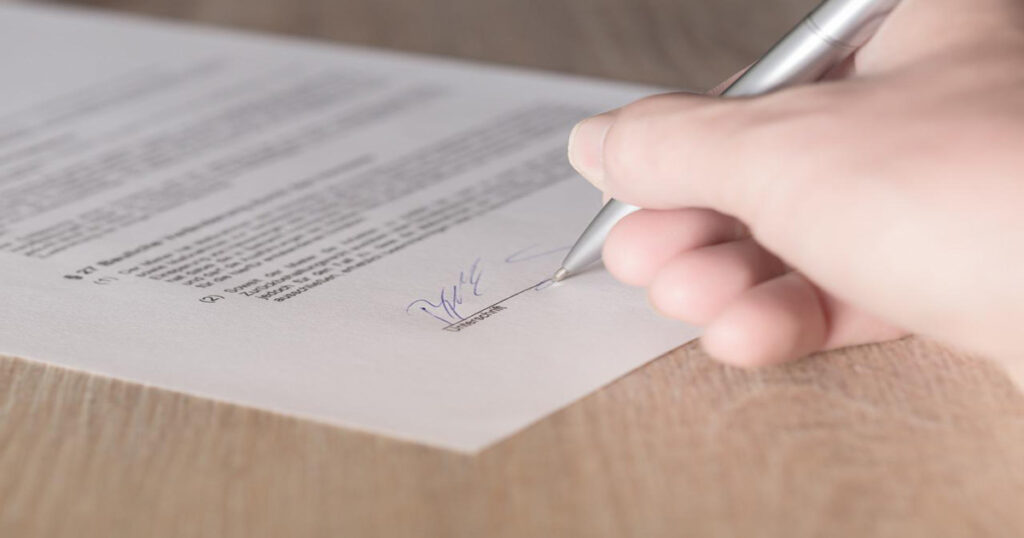Understanding the South African Property Market
The South African property market offers a diverse range of options for homebuyers, from bustling urban centres to serene suburban neighbourhoods.
Among these, Cape Town stands out as a prime destination, renowned for its breathtaking landscapes, vibrant culture, and thriving economy.
Essential Steps in Buying a House
- Financial Preparation
Assessing your financial readiness is crucial before embarking on the house-hunting process.
Start by determining your budget and exploring mortgage options tailored to the South African market. Consider factors such as interest rates, loan terms, and affordability.
- Researching the Market
Knowledge is vital when navigating the real estate landscape.
Conduct thorough research on property trends in Cape Town and South Africa. Identify areas of interest, compare prices, and analyze market projections to make informed decisions.
- Engaging with Real Estate Agents
Partnering with reputable real estate agents can streamline your home-buying journey. Look for agents with a deep understanding of the Cape Town market and a proven track record of successful transactions.
They can offer valuable insights, negotiate deals on your behalf, and guide you through the process with expertise.
- Viewing Properties
Once you’ve shortlisted potential properties, schedule viewings to assess their suitability and pay close attention to factors such as location, amenities, structural integrity, and potential for future appreciation.
Note any necessary repairs or renovations and factor these into your budget.
- Making an Offer
When you’ve found your dream home, it’s time to make an offer. Work closely with your real estate agent to draft a competitive offer that reflects market conditions and aligns with your budget.
Be prepared for negotiations and remain flexible to reach a mutually beneficial agreement with the seller.
- Conducting Due Diligence
Before finalizing the purchase, conduct thorough due diligence to uncover any potential issues or liabilities associated with the property.
This may include obtaining a property valuation, conducting inspections, reviewing title deeds, and verifying compliance with local regulations.
- Finalizing the Sale
Once all contingencies have been met, you can finalize the sale. Work closely with your legal representatives to ensure a smooth closing process. Pay attention to transfer fees, taxes, and legal documentation to avoid delays or complications.
Conclusion
Buying a house in South Africa, particularly in Cape Town, is an exciting journey filled with opportunities and challenges.
Following these essential steps and seeking guidance from experienced professionals, you can confidently navigate the process and secure your ideal home in this dynamic and vibrant region.
Legal Process and Procedure of Buying Property in South Africa
- Offer to Purchase: The process typically begins with the buyer making an offer to purchase the property. This offer is usually accompanied by a deposit, which is held in trust until the sale is finalized.
- Acceptance of Offer: Once the seller accepts the offer, a legally binding contract known as the Offer to Purchase is formed. This document outlines the terms and conditions of the sale, including the purchase price, deposit amount, and any other relevant details.
- Title Deed and Property Transfer: The buyer’s conveyancer or attorney will conduct a title deed search to verify the property’s ownership and any existing encumbrances or restrictions. Once satisfied, the transfer process begins, during which the property is registered in the buyer’s name at the Deeds Office.
- Obtaining Finance: If the buyer requires financing, they will need to secure a home loan from a financial institution. The lender will conduct its own due diligence and valuation of the property before granting the loan.
- Bond Registration: If a bond is obtained, the buyer’s conveyancer will facilitate the bond registration process with the lender. This involves registering a mortgage bond over the property as security for the loan.
- Transfer Duty: The buyer is responsible for paying transfer duty, which is a tax levied by the government on the transfer of property ownership. The amount payable depends on the purchase price and is calculated according to a sliding scale.
- Conveyancing Process: Both the buyer’s and seller’s conveyancers play crucial roles in facilitating the transfer of property. They handle all legal aspects of the transaction, including drafting and reviewing contracts, conducting searches, and ensuring compliance with relevant laws and regulations.
- Finalizing the Sale: Once all conditions of the sale have been met, the transaction is finalized. The buyer’s conveyancer will lodge all necessary documents with the Deeds Office for registration of transfer and bond, and upon registration, the sale becomes legally binding.
- Payment of Costs: In addition to the purchase price and transfer duty, the buyer is responsible for paying various other costs associated with the transaction, such as conveyancing fees, transfer costs, and bond registration fees.
- Taking Possession: After registration of the transfer, the buyer takes possession of the property. This may involve arranging for the transfer of utilities and services, updating insurance policies, and ensuring compliance with any homeowners’ association rules or regulations.
Conclusion
Buying property in South Africa involves a complex legal process that requires careful attention to detail and adherence to legal requirements. By understanding the steps involved and seeking guidance from experienced professionals, buyers can confidently navigate the process and secure their dream property.





